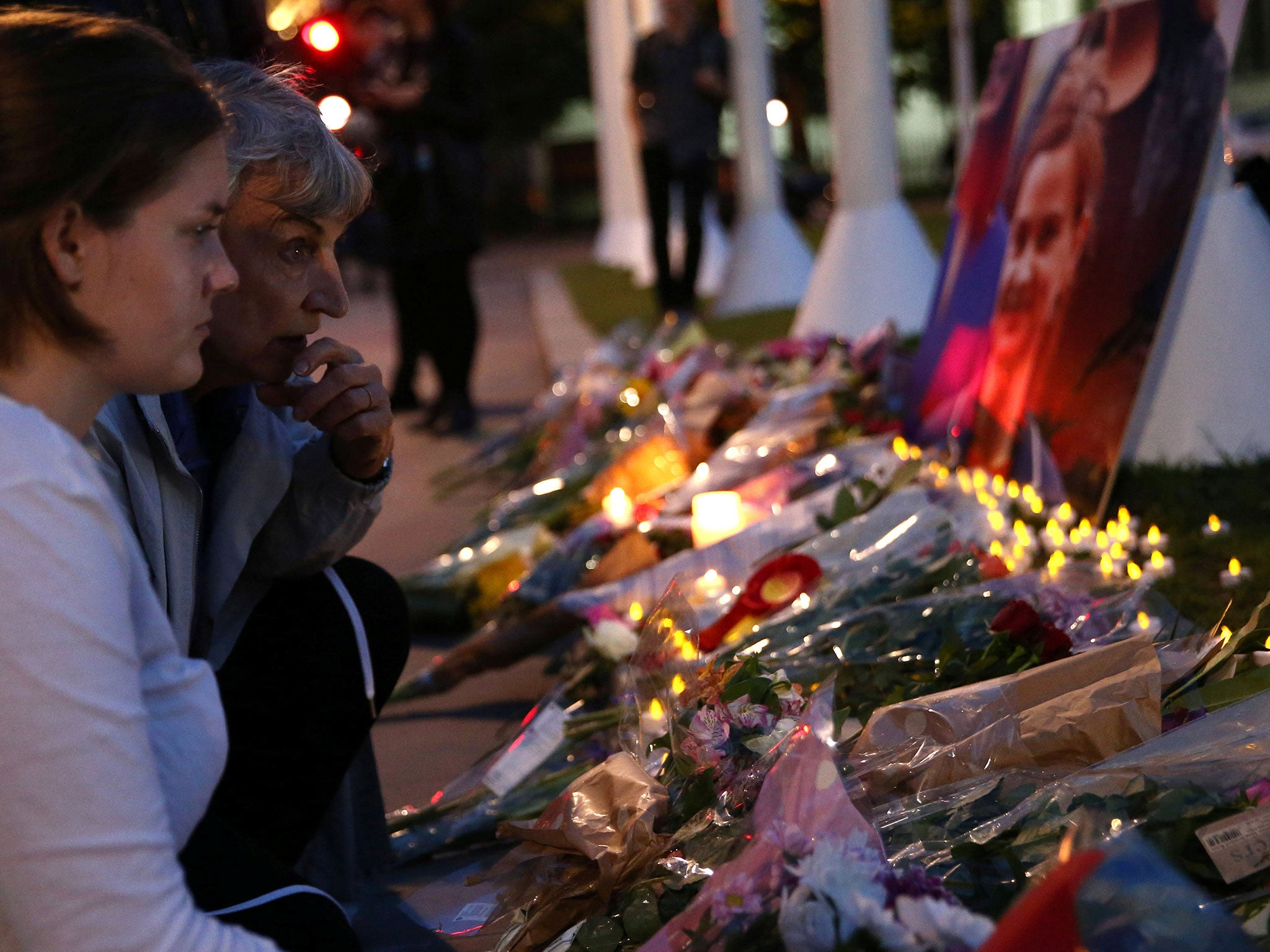Why are we so reluctant to label white attackers as terrorists?
We must wonder, if an attacker had yelled “Allahu Akbar”, would it be labelled a terrorist attack from the outset?

There are a number of terms we use to describe the kind of people who shoot innocent civilians. Many are described as “alienated”, “psychopathic narcissists” or “troubled”. But it seems like you have to satisfy a particular criteria to be labelled a “terrorist”.
Jo Cox’s alleged attacker identified himself in court as “death to traitors, freedom for Britain” and yet we have responded to her a death in a way that has become tragically routine – a search for a mental health issue, surprise at reports of links neo-Nazi groups.
We must wonder, where an attack takes place and words like “Allahu Akbar” are used, would we be labelling it a terrorist attack from the outset?
We find it difficult to accept that white terrorist organisations are alive and kicking in the west. Some fringe far right groups have already advocated “militant direct action” in achieving their aims. Had a group of Muslims claimed to be specialising in “militant action” in the UK, surely the threat would be taken far more seriously, especially given the potential to intervene under our counter-terrorism laws.
We also appear to fall into the trap of humanising perpetrators of violence and terror who happen to be white. In the sad case of the killing of Jo Cox, the suspect has not been described either as “a terrorist” or a “possible terrorist”. And, if coverage of other shootings by white perpetrators is any indication, I expect this individual never will be labelled in such a way.
Rather, the perpetrator of what looks like a terrorist attack under any other name will be described as a victim of inadequate mental health care, or that simple catch-all: a “lone wolf”.
We have different rules when talking about crimes involving Muslims or black people. Even as suspects, they are quickly labelled as “terrorists”, the attacks interpreted as a “possible terror” attack motivated by religion or belief. We chalk it up as an expression of extremism or radicalism, instead of looking for possible external injustices.
Unlike Islamic extremists, Anders Breivik, the Norwegian white supremacist who killed 77 people in July 2011, was given a public trial where his motives, philosophy and even his World of Warcraft fascination were explored in great depth. The suggestion was that, by looking hard enough into his life, we could understand his actions. But in the case of Seifeddine Rezgui, the 23-year-old Tunisian gunman who shot dead 38 people on a tourist beach, the perpetrator faced a very different treatment. There was some surface curiosity over how “normal” he appeared to be – videos of the attacker breakdancing were shared, and there were reports of his love for Real Madrid – yet there were no attempts to investigate his background fully since he was, of course, an Islamic extremist.
We hold a special status for the term “terrorist”: it appears it no longer just describes those who commit acts of terror, but those who we feel belong to a different background or culture; a different breed. These terrorists are, ultimately, opposed to “our way of life” and our so-called British values. No wonder an attacker who reportedly shouted “Britain first” appears to have escaped the label.
But by not calling the attack on Jo Cox an act of terrorism, we are subtly restricting who and what has the ability to terrify us. We shouldn't go easy on any form of terrorism, regardless of ethnic background or religious affiliation. All crimes of this nature must be treated with the same level of seriousness, and described in the same way.
